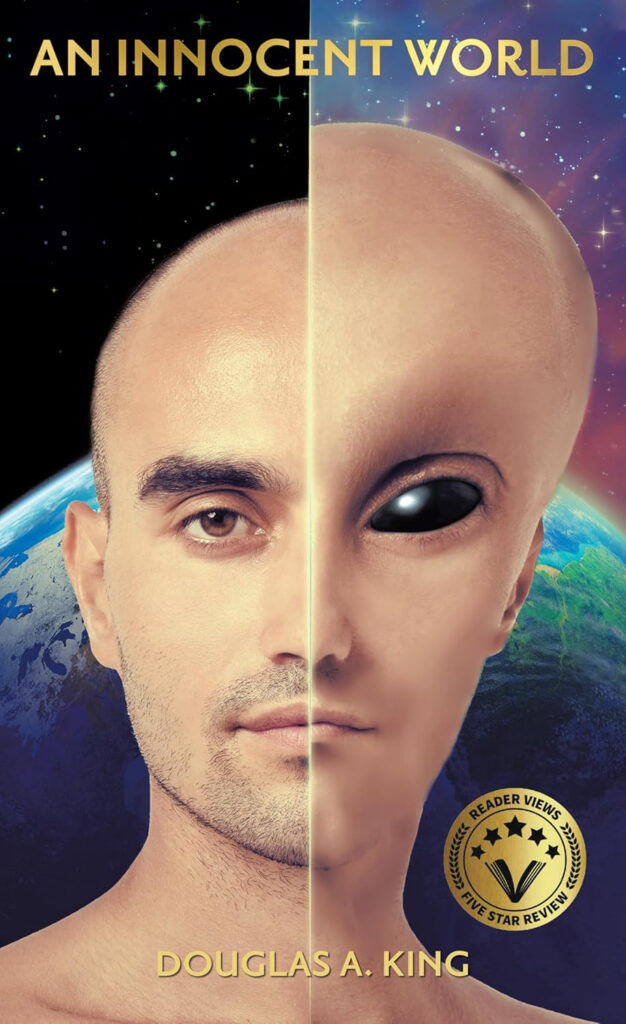
A long-form thought experiment that presents a feast of fascinating existential questions, An Innocent World by Douglas A. King is an intriguing exploration of mortality and meaning. Thought-provoking for Christians, while simultaneously engaging for theologians, atheists, and agnostics alike, this unique read dissects common misconceptions about faith, offering a paradigm-shifting glimpse at another path for humanity.
This provocative thesis is founded on the premise that Adam and Eve already possessed immortality, rather than being tempted to eat from the Tree of the Knowledge of Good and Evil by its promise. King explores a variety of biblical contradictions, envisioning what a different origin point could have meant for human development and destiny, and whether the horrors and suffering we witness all around us could be avoided entirely.
King’s thesis imagines a world with two distinct groups – the Innocents and the Guilty – categorized based on whether or not they had gained knowledge of good and evil by eating the fruit. Through this binary, the book asks readers to envision a different world, one without strife, guilt, and pain, and then play out the experience of daily existence, prompting us to consider which of those lives we would choose: blissful innocence without fear of death, or guilt-ridden struggle against the forces and consequences of evil.
A philosophical prize for radical thinkers and futurists, the book posits that imagining a better world is necessary before it can be created, a refreshingly different take than waiting for the future promise of heaven. There are exhaustive examinations of nebulous vocabulary, from “good” and “evil” to “knowledge,” “benefit,” and “sin,” followed by the fascinating heart of the manuscript, which extrapolates the original Innocent vs Guilty conceit to the real world. Moving meticulously through different areas of modern life, from environmental crises and natural disasters to xenophobia, racism, wealth inequality, geopolitics, family structure, social support systems, media influence, and more, this fictional reality of an “Innocent” world comes into focus like a paradisical puzzle.
While the narrative elements occasionally rely on a leap of faith, King consistently employs logical reasoning to expand on his points. This rhetorical and logical diligence is the most impressive and eye-opening facet of the text, as it presents a close reading of Scripture and contemporary life through lexicological analysis, historical reflection, and mainstream understanding. The polished academic tone makes for a more approachable read, as the suppositions and arguments feel grounded in tangible ideas and clear contradictions, instead of feelings, beliefs, and dogmatic opinions.
That said, staunch atheists may still struggle to get past certain initial statements, namely that “all of us are here because we believe in God, even those that claim not to.” There is a self-assurance to the writing that inspires reader investment and feels well-deserved, but could also be perceived to be overconfident, controversial, or even heretical. The author seems fully aware of this risk, but willing to take it for the sake of his broader argument, which is persuasive and in no way proselytizing.
Ultimately tackling the largest question that human beings face – why are we here and what purpose does existence serve? – this revolutionary proposal challenges both religious and secular readers to assess their personal belief structures and deepest sense of purpose, resulting in a mind-altering combination of religious writing, social science, and futurism.
Book Links
STAR RATING
Design
Content
Editing
Get an Editorial Review | Get Amazon Sales & Reviews | Get Edited | Get Beta Readers | Enter the SPR Book Awards | Other Marketing Services




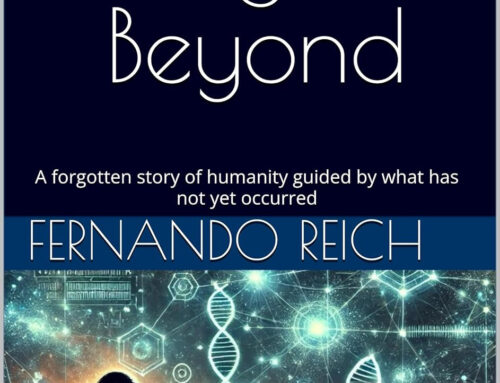
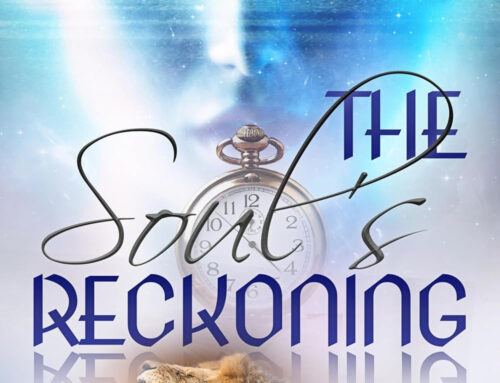
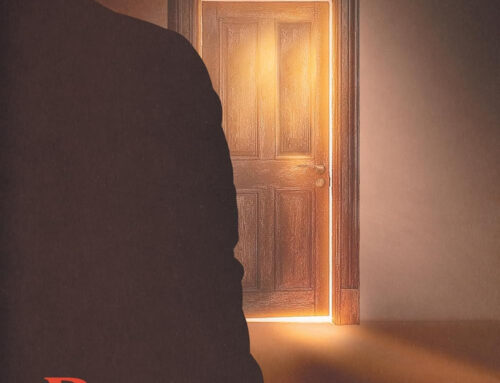
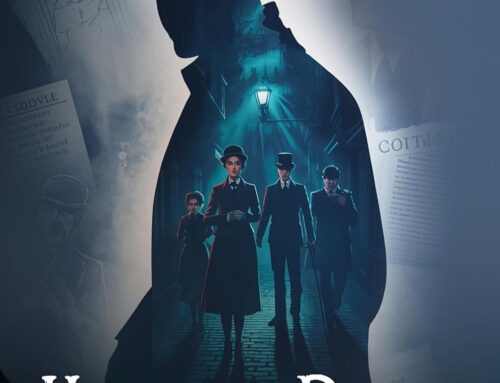
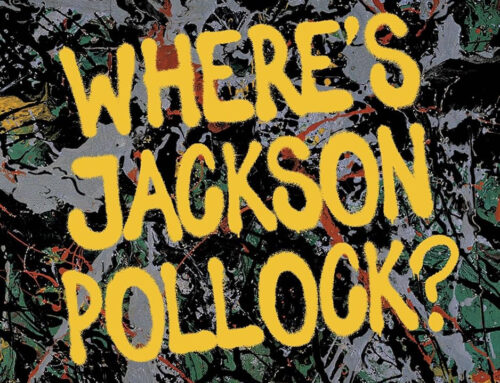
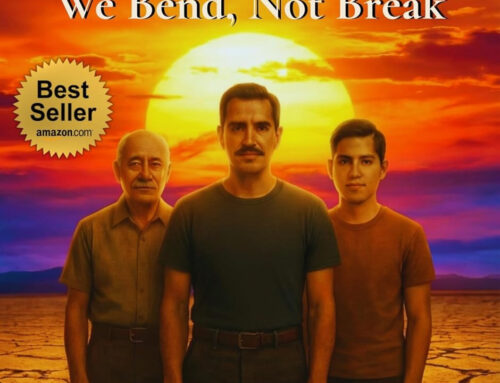
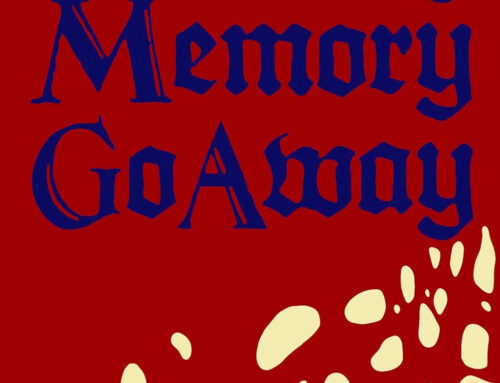


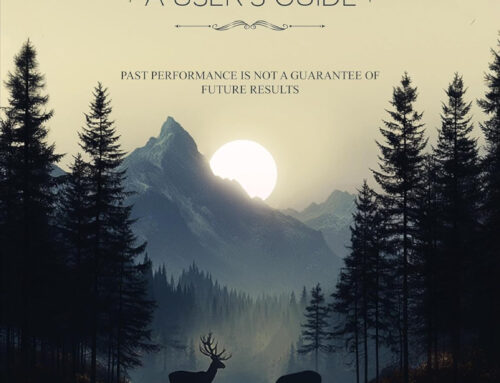

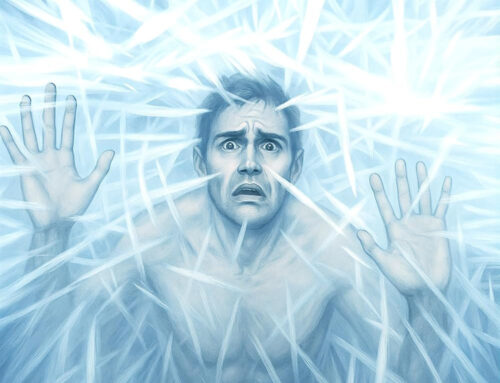
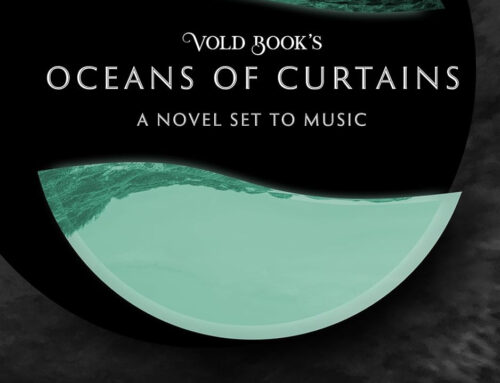


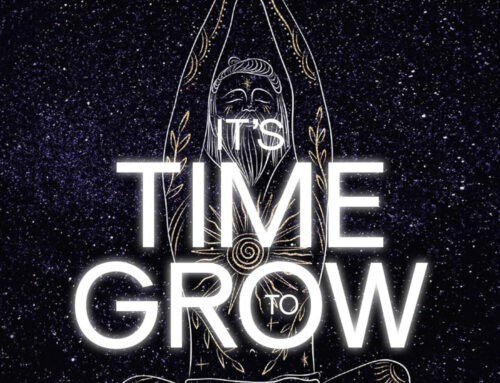
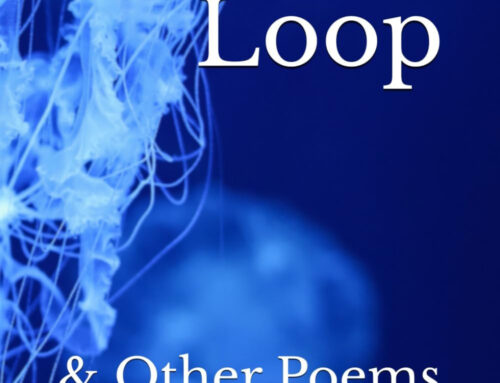
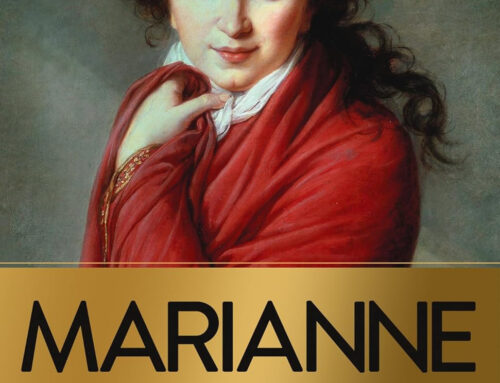

Leave A Comment